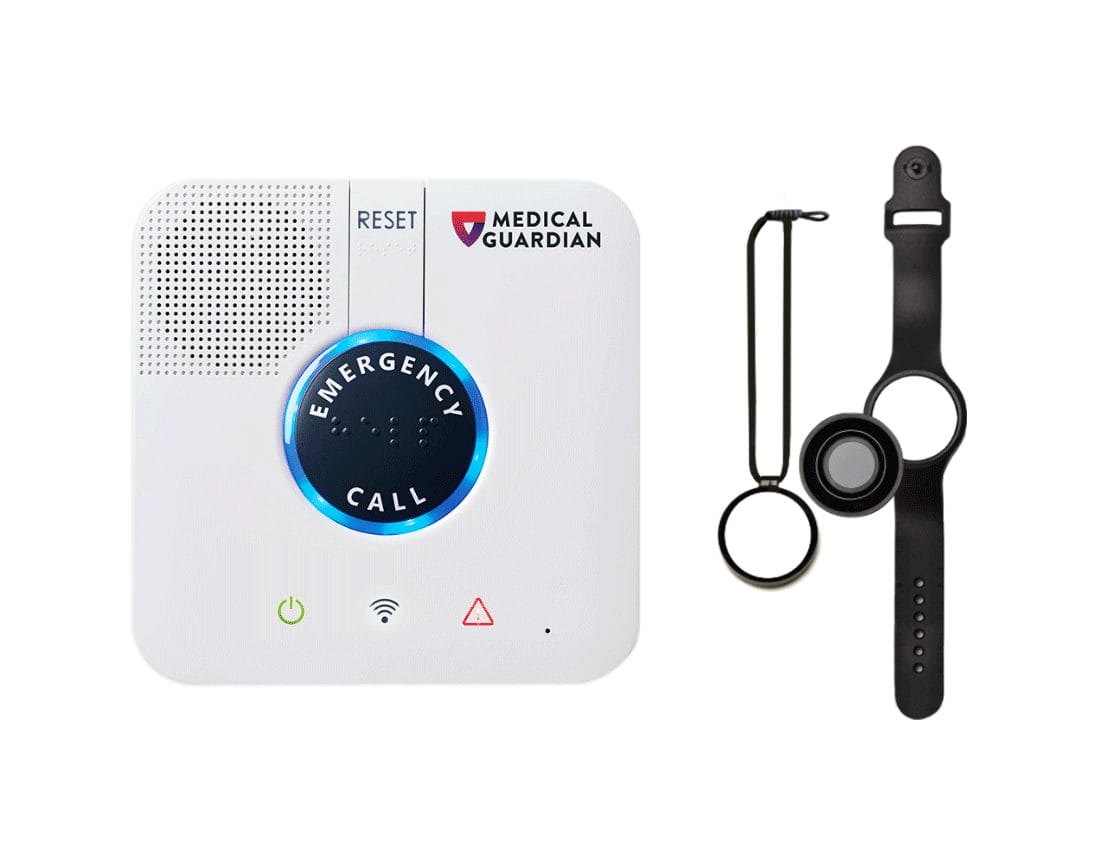
As older couples age, their long-term care needs often differ. These situations can be hard to navigate, especially when one partner requires significantly more assistance than the other. When that happens, exploring various senior living options, including assisted living, is essential to ensure both receive the care and support they need. Read on to explore ways assisted living helps couples navigate the senior living landscape, including situations when each partner’s needs vary.
What is assisted living?
Assisted living is a residential living arrangement for seniors who require assistance with activities of daily living (ADLs) but do not need the skilled medical care that nursing homes provide. Unlike independent living communities, which don’t provide personal care support, assisted living communities offer a combination of housing, personalized support, activities, and health care services to promote resident independence and enhance their quality of life. Couples may find that assisted living can be a great senior living solution, especially when one or both people need help with activities of daily living, such as bathing, dressing, feeding, transferring from one position to another, or moving around.
How does assisted living help couples with different care needs?
When one partner requires a higher level of care than the other, assisted living communities offer customized solutions to address the couple’s unique needs. Here are some of the ways providers address the different care needs of assisted living couples:
Individualized care plans
Based on an initial assessment, assisted living communities create personalized care plans for each resident to address their needs and preferences. This process allows couples with varying care needs to receive support tailored to each partner’s unique requirements.
Specialized services
When one partner requires a higher level of care, assisted living communities can provide specialized services, such as memory care or dietary assistance, to meet their specific needs. This customized approach ensures both individuals receive the appropriate level of support while living together in the same community.
Care coordination
Assisted living communities often employ or partner with specialists, including care managers and social workers, who can coordinate care services for couples with different needs. These staff members can help schedule appointments, communicate with health care providers, and perform various other duties, ensuring that both individuals receive the care and support they need.
Flexible living arrangements
Many assisted living providers offer different housing options to accommodate couples with varying care needs. For example, couples may choose to live together in a shared apartment or separately in another apartment within the same community, empowering each to receive individualized care services based on their specific requirements.
Respite care services
Assisted living communities may also provide respite services for couples with different care needs. Respite care allows one partner to receive temporary care and support, for example during an illness or recovery, while the other partner continues to live in the apartment and receive their usual level of care and support.
Supportive environment
Assisted living communities promote independence, social connection, and inclusion for all residents. This supportive environment can be notably beneficial for couples with different care needs, allowing each partner to take advantage of various activities, services, and amenities within the community while maintaining their relationship and quality of life.
Basic services at assisted living that help all couples
For a monthly fee, assisted living communities cater to seniors, including couples, who wish to remain independent but may require minimal daily living assistance. In addition to an apartment, that monthly fee typically covers these basic services for residents:
- Personal care assistance: Assistance with ADLs, such as bathing, dressing, grooming, and medication management.
- Meal services: Nutritious meals prepared and served in a communal dining area.
- Housekeeping: Assistance with maintaining a clean and tidy living space. Note that some providers charge extra for some of these services at some facilities. For example, laundry may have a per-load or per-month cost.
- Transportation: Scheduled transportation for medical appointments, shopping, and social outings.
- Social and recreational activities: Opportunities for social engagement, exercise, entertainment, and community involvement.
- 24-hour security and emergency response: Continuously ensured safety and well-being of residents.
Cost considerations for assisted living couples with different care needs
Addressing a couple’s differing assisted living care needs can impact the overall cost of their living arrangements. An assisted living community’s pricing structure is typically based on each resident’s level of care and required services. When one partner needs a higher level of care, such as specialized medical services or additional daily living assistance, the cost of their care may be higher than that of the partner who requires less intensive support.
Additionally, couples may have the option to choose different accommodation types within the assisted living community based on their individual care needs. For example, one partner may opt for an apartment with around-the-clock care and support while the other may choose a standard unit with basic living assistance. In this scenario, the first partner’s monthly bill will probably be higher than their partner’s.
Because these housing and care options can affect the overall cost of assisted living, couples with differing care needs must carefully consider the financial implications before signing on the dotted line. Seniors should always discuss their living options with others, including family members, an attorney, or a financial advisor, before making such a life-changing decision.
Final thoughts about assisted living couples with different care needs
As one possible long-term care solution, assisted living can be a viable option for couples with different care needs, offering a range of services and support to meet the requirements of each partner. Choosing an assisted living provider that can accommodate varying levels of care empowers couples to stay together in a supportive and inclusive environment — one where they can receive the professional assistance they need to maintain their quality of life with dignity and respect.
Finding an assisted living community that can cater to the unique care needs of couples is essential for ensuring a comfortable and fulfilling living experience for both partners. Researching each community’s services, support, and cost structure empowers older couples to make better-informed senior living decisions, promoting their health, happiness, and independence as they age gracefully together in their new home.








